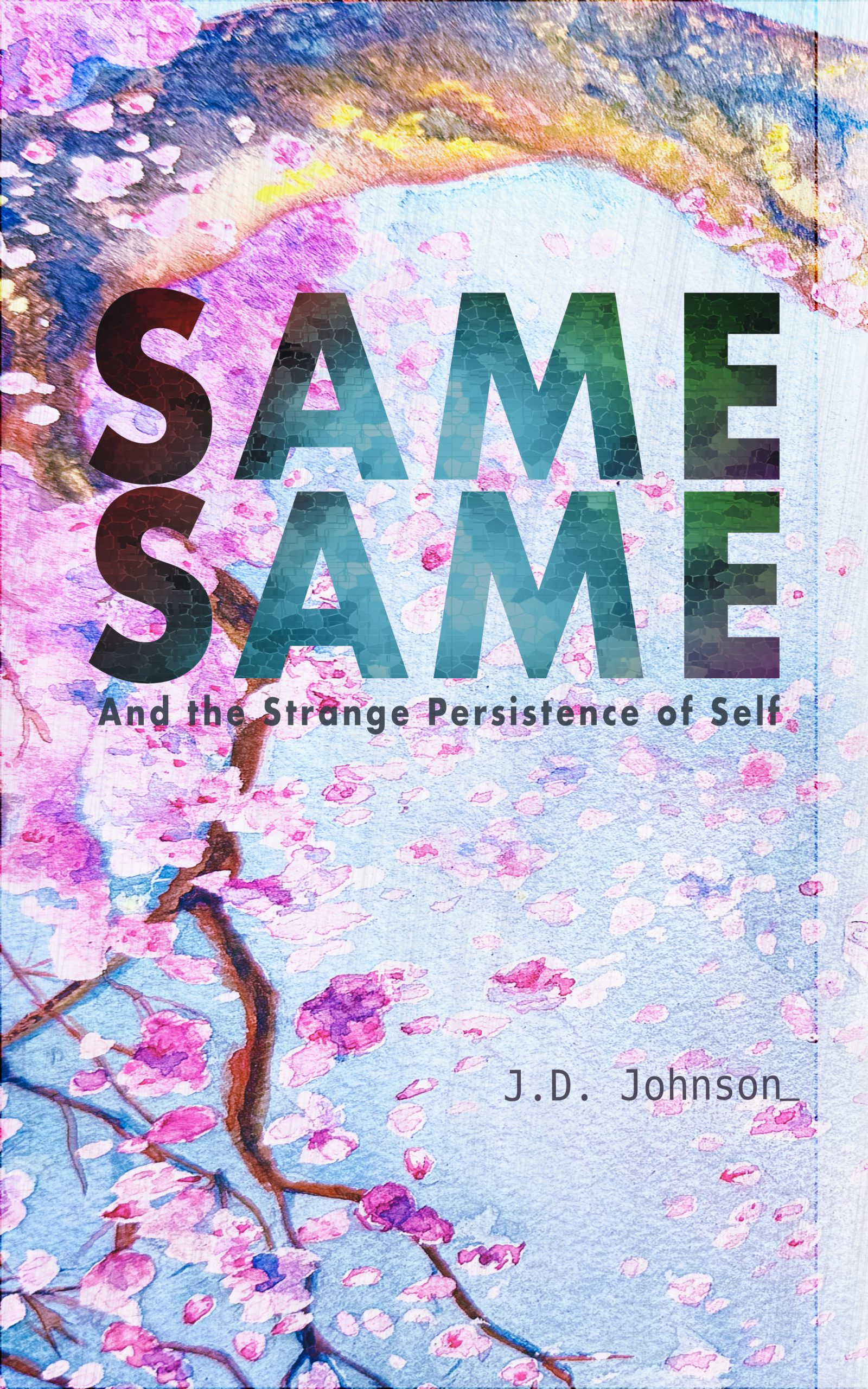
A new collection of stories by J.D. Johnson
Same, Same and the Strange Persistence of Self is a haunting, genre-defying collection of nine short stories exploring identity, silence, and resistance in a world built to erase. From dystopian control to domestic terror, speculative trauma to surreal grief, this debut traces the strange ways we vanish—and the fire we carry to remain.